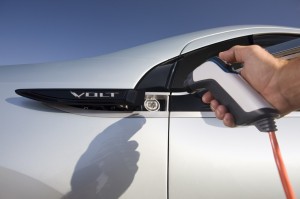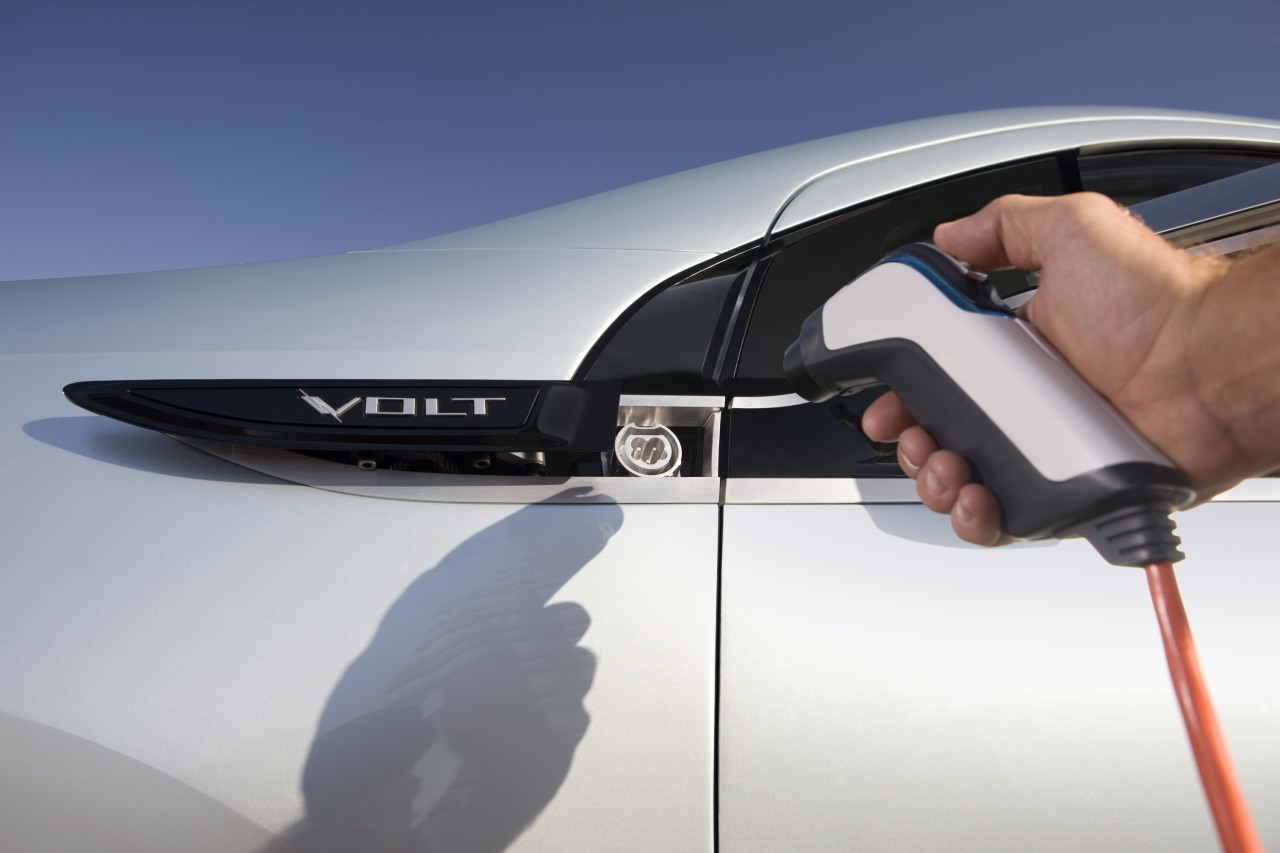 Originally posted at American Thinker.
Originally posted at American Thinker.
Less than one year ago, the Obama administration made the decision to invest $30 billion into a bankrupt General Motors, giving government 60% ownership of a corporation fraught with financial trouble. In addition to bankrolling the car company, Obama deemed it necessary to “take control of a number of slots on the board of directors,” installing himself as Commander-in-Chief-Executive Officer.
Obama contended, “We are acting as a reluctant shareholder because this is the only way to help GM succeed.” At the time, many believed that Obama was struggling with being in the “unwelcome position” of owning GM while also being responsible for maintaining America’s “free-market capitalist tradition.”
In case a reminder is in order, an easy definition of “free trade” is “policy that allows traders to act and transact without interference from the government,” which unfortunately no longer defines the American system.
Relating to present actions and statements, careful review of past history sheds light on potential outcomes when government gets involved in businesses such as, let’s say…health care, for instance. When the government passed its monumental health care reform bill, it was sold to the public as an imperative rescue operation in the same way that bailing out GM was necessary to “prevent wider damage.”
Government bailout of GM loosely specified that “although the feds reserved a right to set conditions in advance, they intended to operate in a “hands-off and commercial manner.” Yet less than a year later, the president who claimed to be concerned about “free trade” when assuming the title of General Motors CEO announced plans to be “the first customer for the upcoming Chevrolet Volt.” Question: Will Obama forgo the armored Cadillac stagecoach for a Chevy Volt?
Just last year, a senior administration official stressed that “[t]here’s no plan of any kind, no contingency plan, anything of any kind to extend future support.” But then again, that depends on Obama’s creative definition of “future support.” Because eleven months later, Obama announced that before the year is out, the White House will “purchase the first 100 plug-in electric vehicles to roll off [General Motors] assembly lines.” Barack Obama then pledged that central control would “double its purchases of hybrid vehicles to 5,000” — can anyone say “government competition squashing the health insurance industry”?
In a stunning turn of events, the president vowed, for the first time ever, to “lead by example and practice what we preach [by] cutting waste, saving energy, and reducing reliance on foreign oil.” Not only that, but President Barack Obama set a target for Americans, too, which is to stuff SUV drivers into electric cars. Obama uncovered plans to constrain free people to such a degree that by 2015, like it or not, one million plug-in hybrid tuna fish cans on wheels will be gracing United States highways.
Obama’s business acumen has been recently showcased by the plan to pass the largest tax increase in American history in the form of cap-and-trade legislation, which promises to hike gasoline prices 74%. Cap-and-trade is another Obamaid chock-full of potential to increase GM profits by nudging Americans toward electric cars, while failing to acknowledge the strain of increased electricity costs attached to future legislation. Capping carbon dioxide emissions could assist in making President Obama’s foray into the private-sector automobile industry another smashing policy success.
When Obama bailed out GM, it was a test run as to whether the “federal government [could] restrain itself from meddling in the company’s day-to-day business.” At the time of the rescue, a senior government official said that as 60% owner, the government retained the right to tell GM what to do. The administration’s spokesperson did indicate that the way the government handles issues like interfering in the manufacturing of “fuel-efficient cars, labor negotiations, and overseas operations” will be indicative of how we can “expect the government to act as a common shareholder, in this and other cases.”
Truer words were never spoken! Unelected pay Czar Kenneth Feinberg is due to release the 2010 compensation decisions on the five largest U.S. companies “that are under pay restrictions as part of their government bailouts.” Translation: Selling your soul to Beelzebub has a price. A pay czar that answers directly to Barack Obama slashed salaries of top General Motors Company executives making more than $500,000 a year.
Maybe present consultant and former GM CEO Fritz Henderson would like to rethink the statement, “The government has not been heavy-handed so far”…emphasis on so far!
Obama is pushing hybrid-PC GM cars and is on the brink of finding a way to foist CO2 restriction legislation on America. GM salaries have been capped and electric car ownership targets have been set. All this from a President who, from the White House Grand Foyer less than a year ago said that the only way to help GM thrive was through an endeavor Obama defined as a “hands off approach” coupled with plans to “get out quickly.”
Moreover, the same government claiming to be “reluctant” and “cautious” about maintaining free-market principles failed in its own effort by promoting and buying cars from a company it largely controls. An administration initially interested in taking a “hands-off approach” is now deeply embedded in dictating everything from salaries to green technology at GM, as well as moving beyond the factory walls to taking the liberty to choose the mode of transportation Americans will eventually be forced to take.
Americans should take heed as CEO Barack Obama’s “credible plans … full of promise” for GM present foreboding possibilities for America’s health care. Take for example the president’s auto task force findings for development of the Chevy Volt which Obama himself heartily endorses. Based on the commission’s findings, the Volt “will likely be too expensive to be commercially successful in the short term.” If the government business of health care is also found to be too expensive in the short term…who and what suffers in the interim?
The benevolent bureaucracy running General Motors is now in full charge of a health care system and is hovering over America masquerading as a kindly lactating mother. The nation has one year’s worth of false rhetoric and heavy-handed government control of private sector industry to review. Obama’s behavior running GM illuminates clearly what lies ahead when the federal government runs businesses that impact more than who drives a hybrid car.
Special thanks to Hassan Nurullah: Digital Publius

